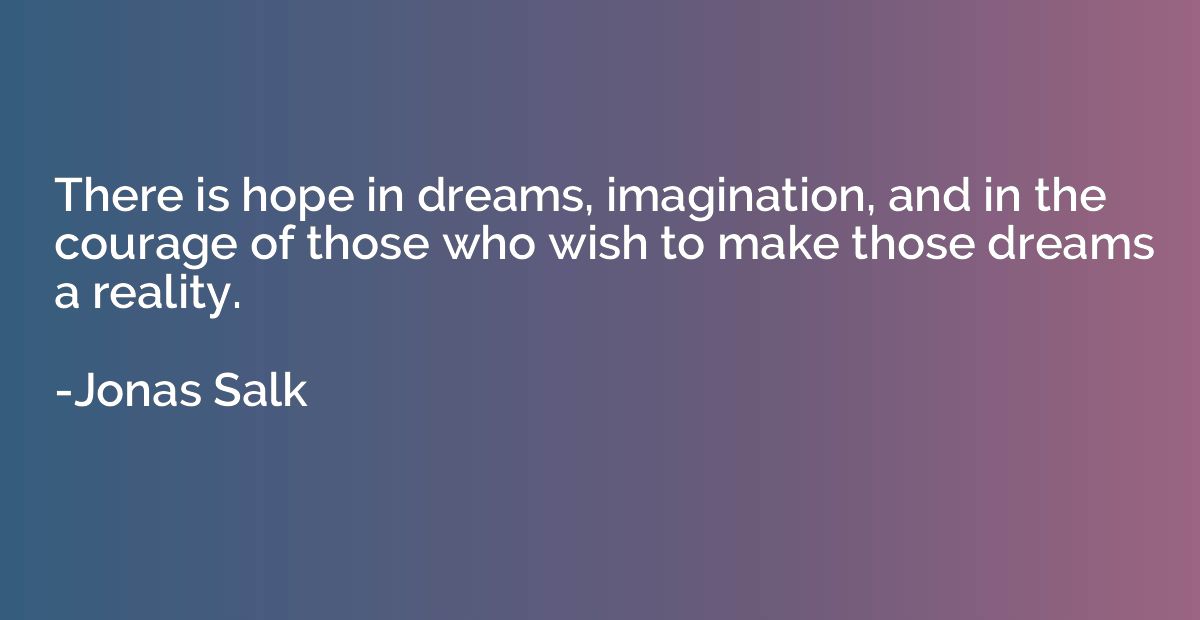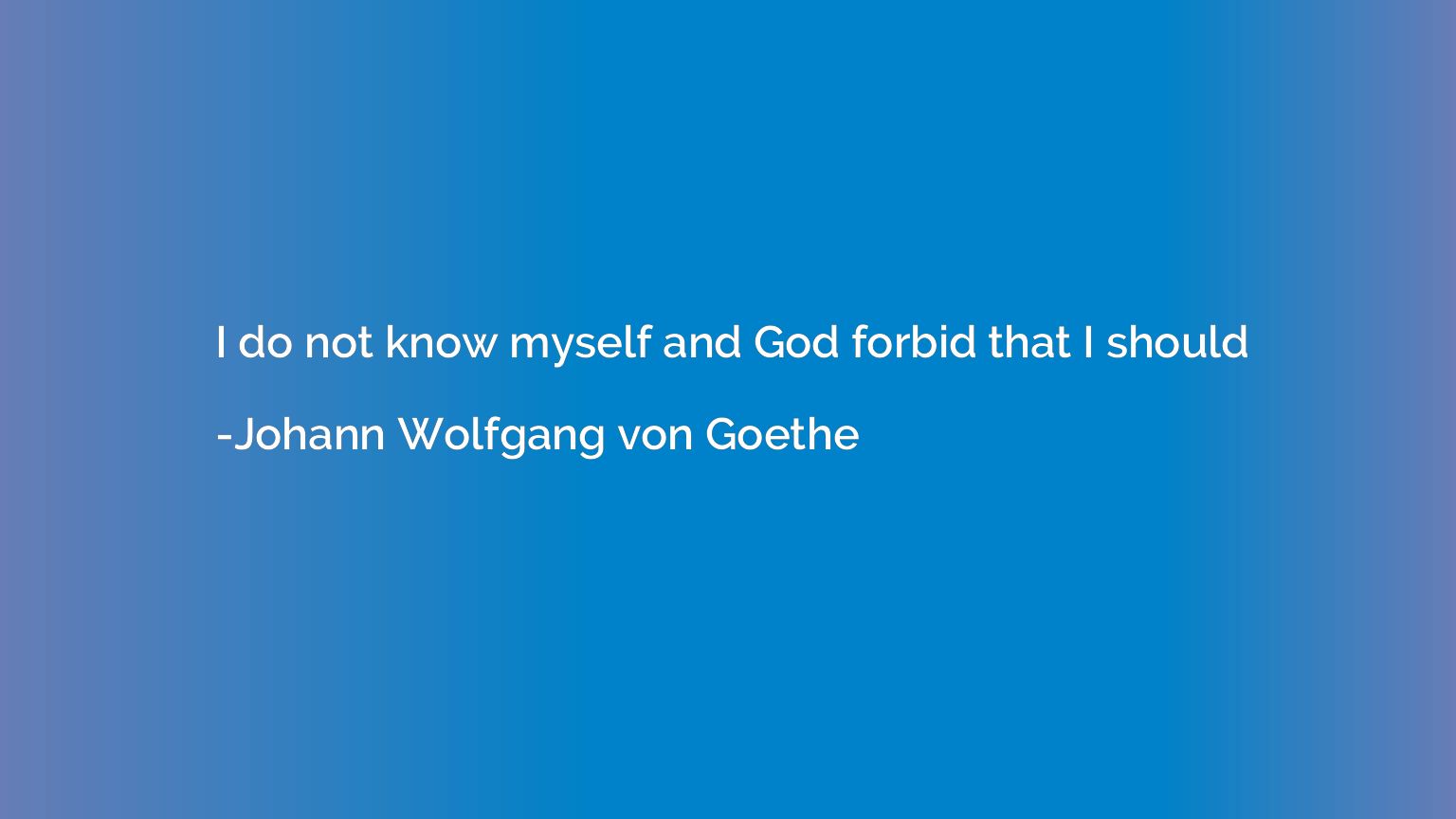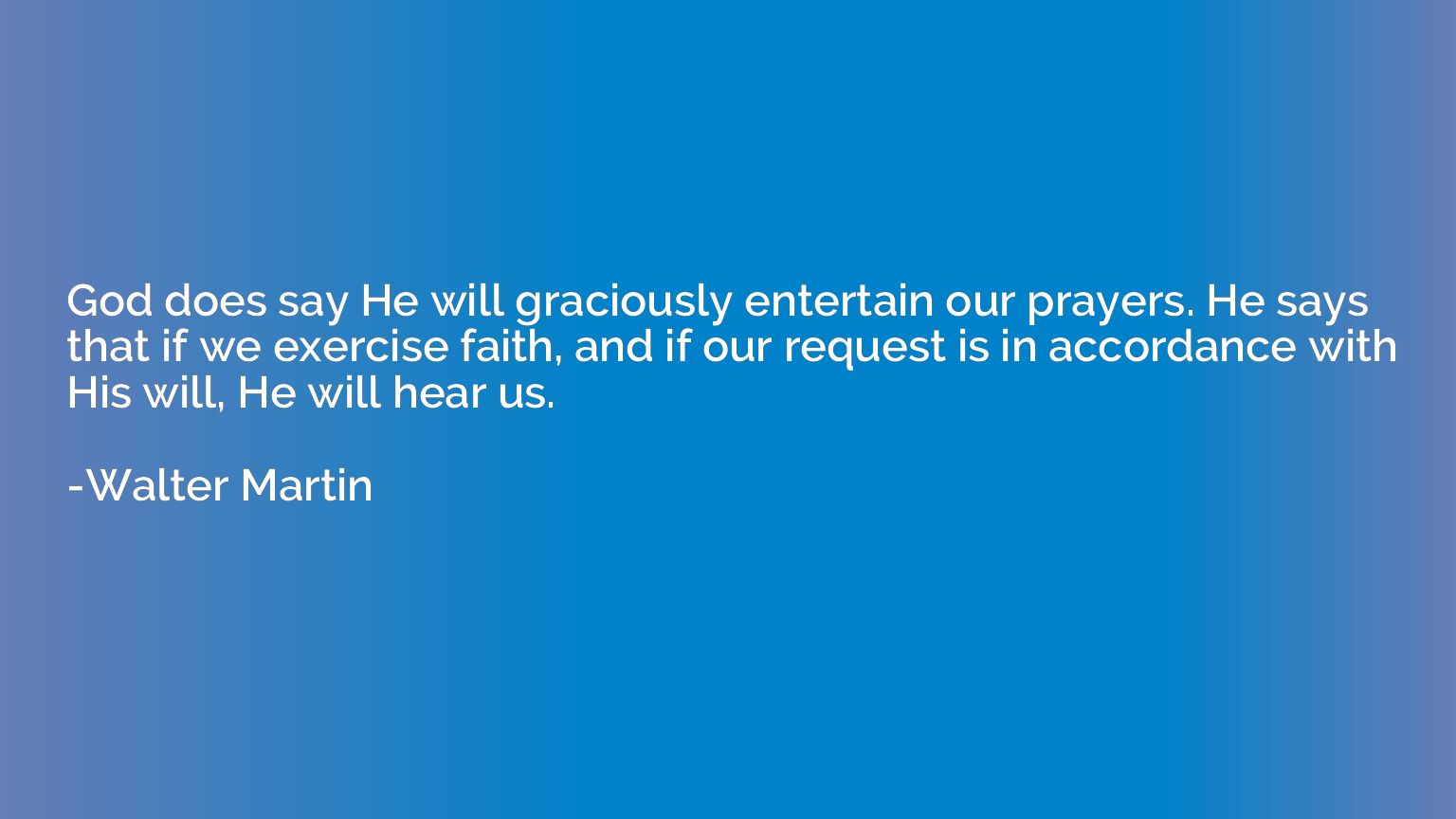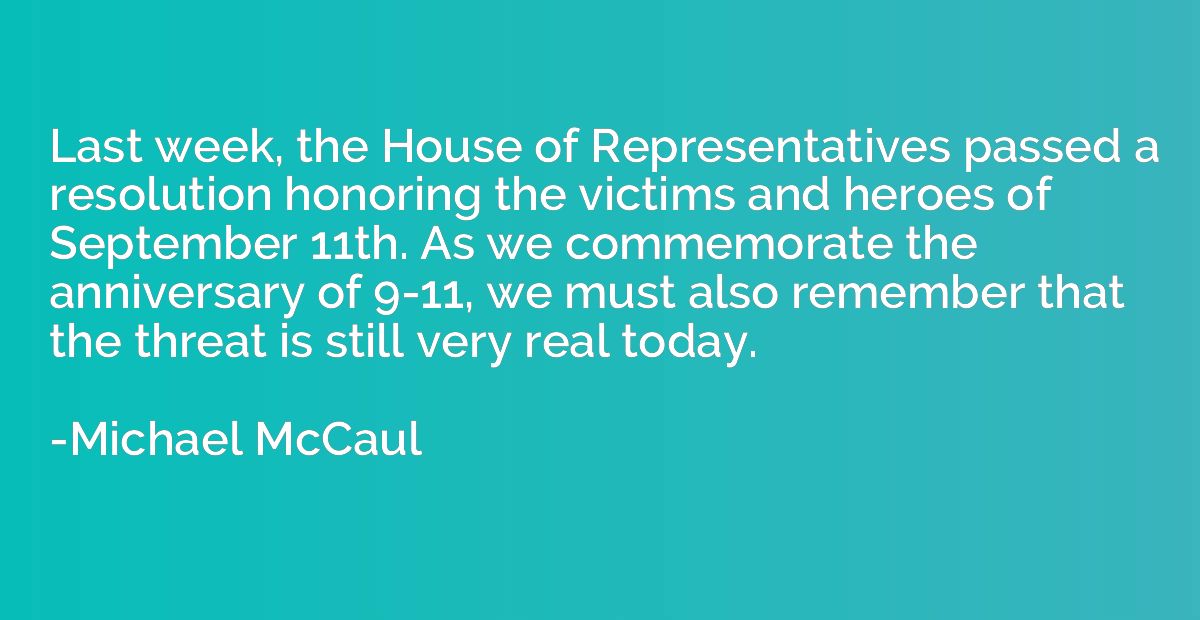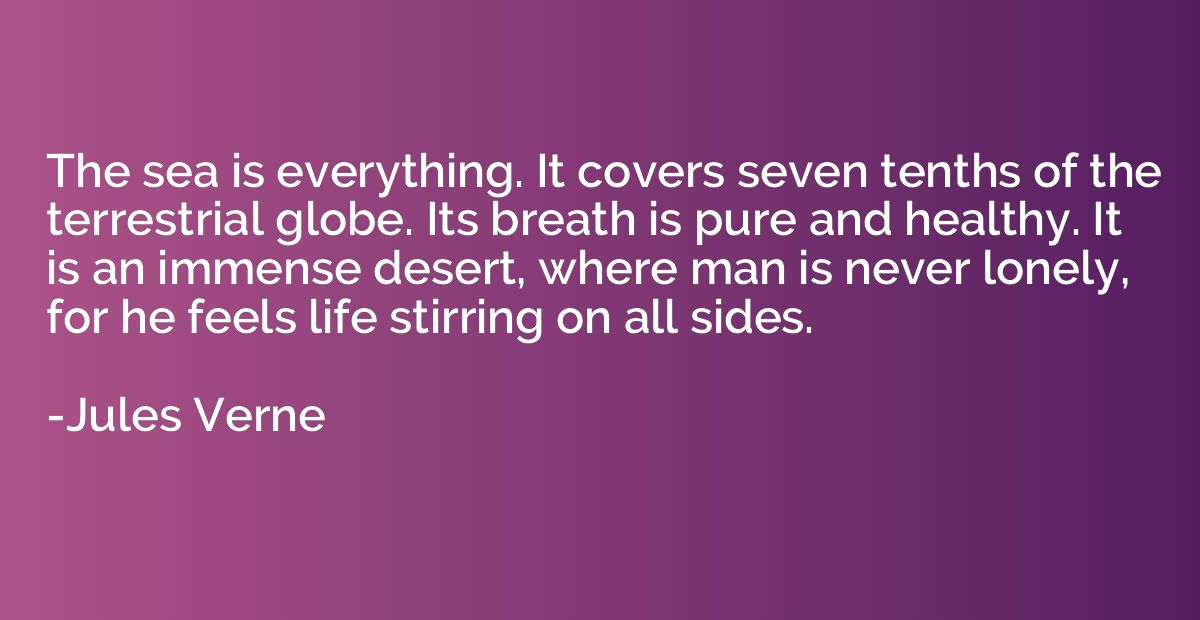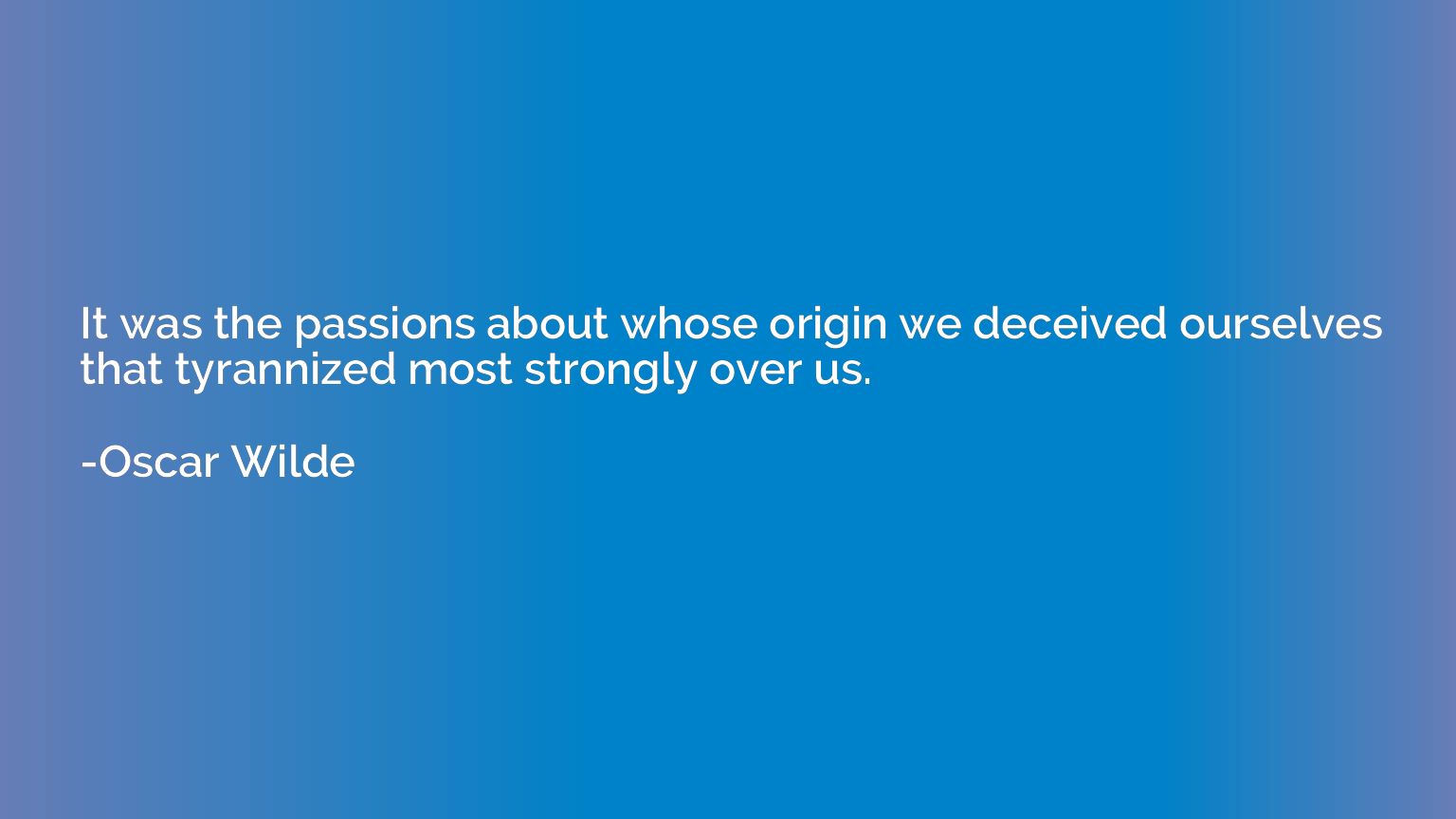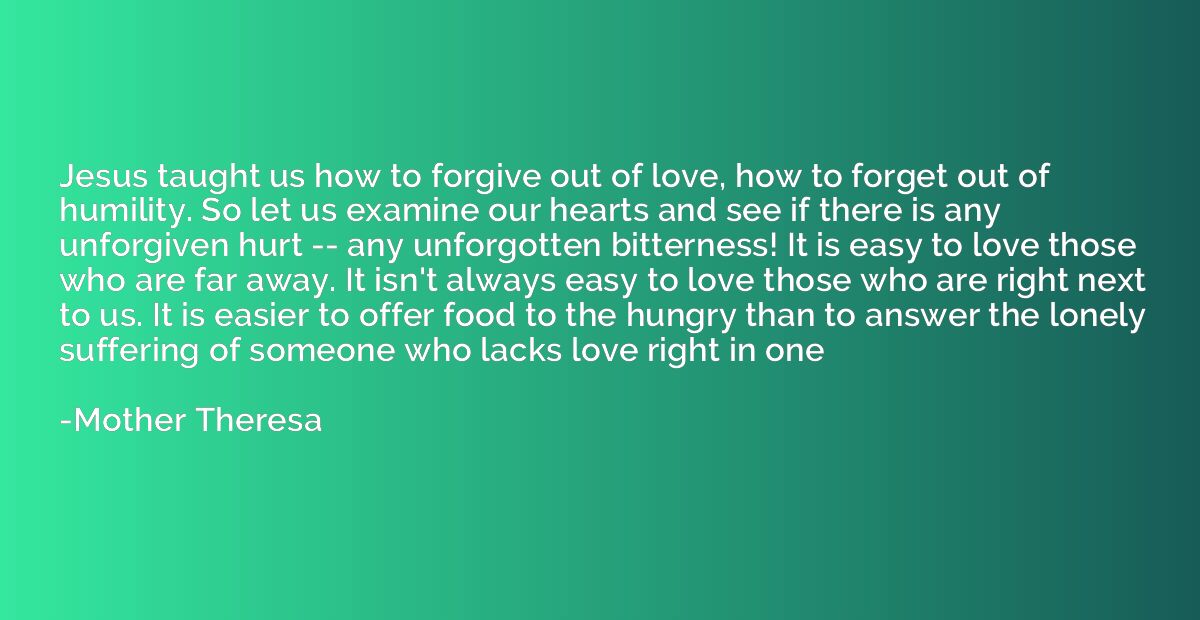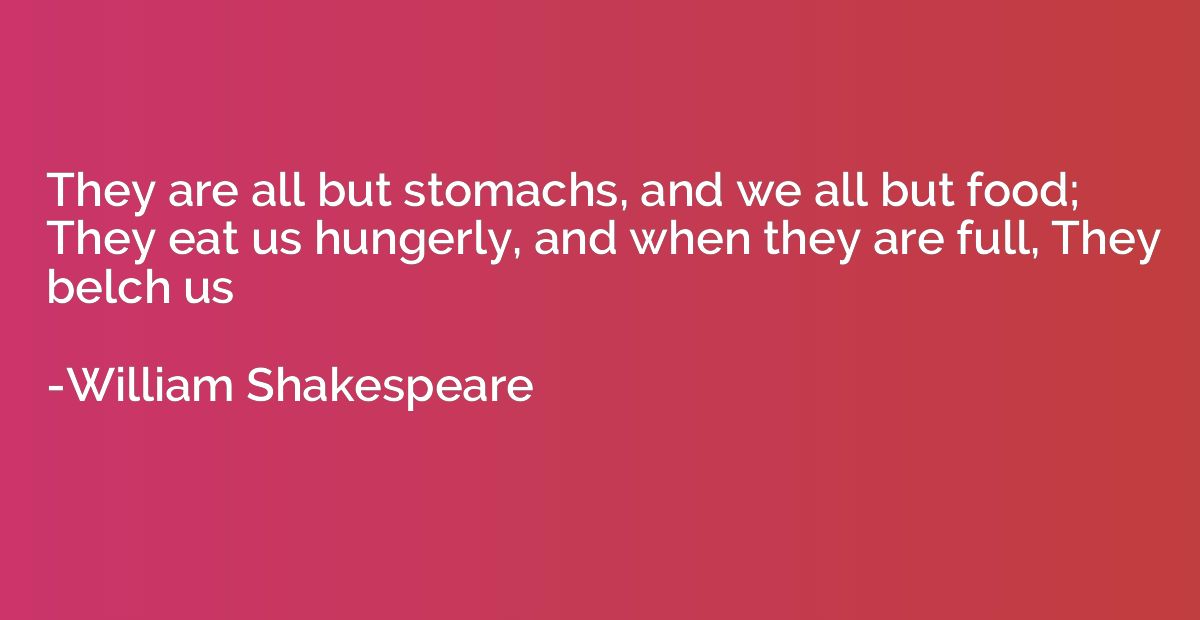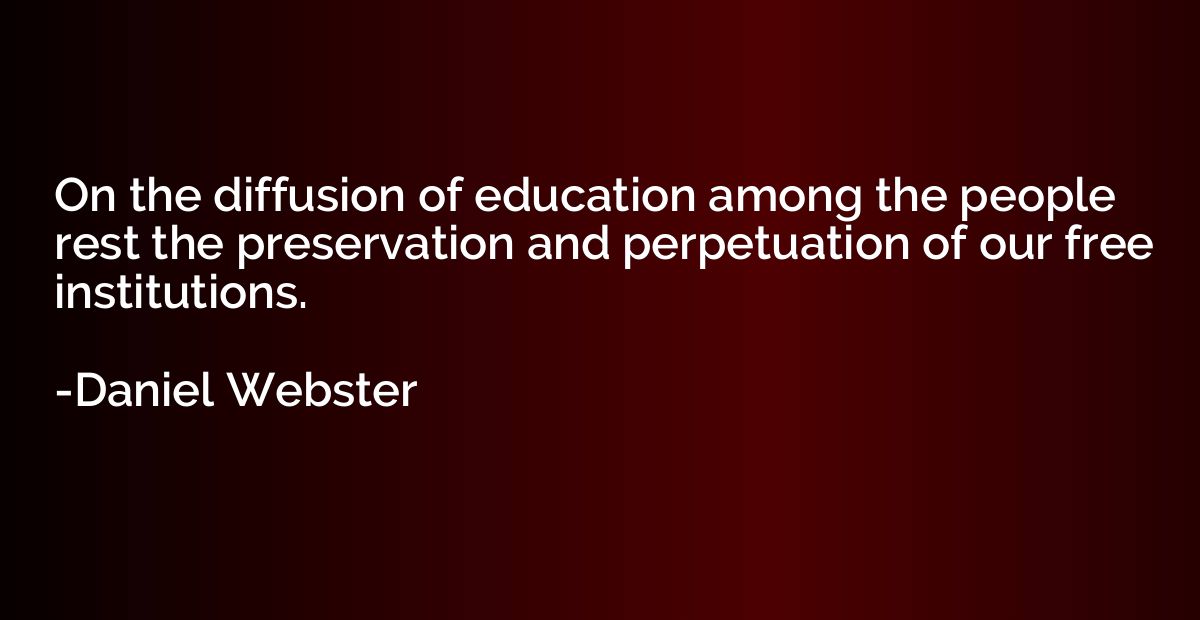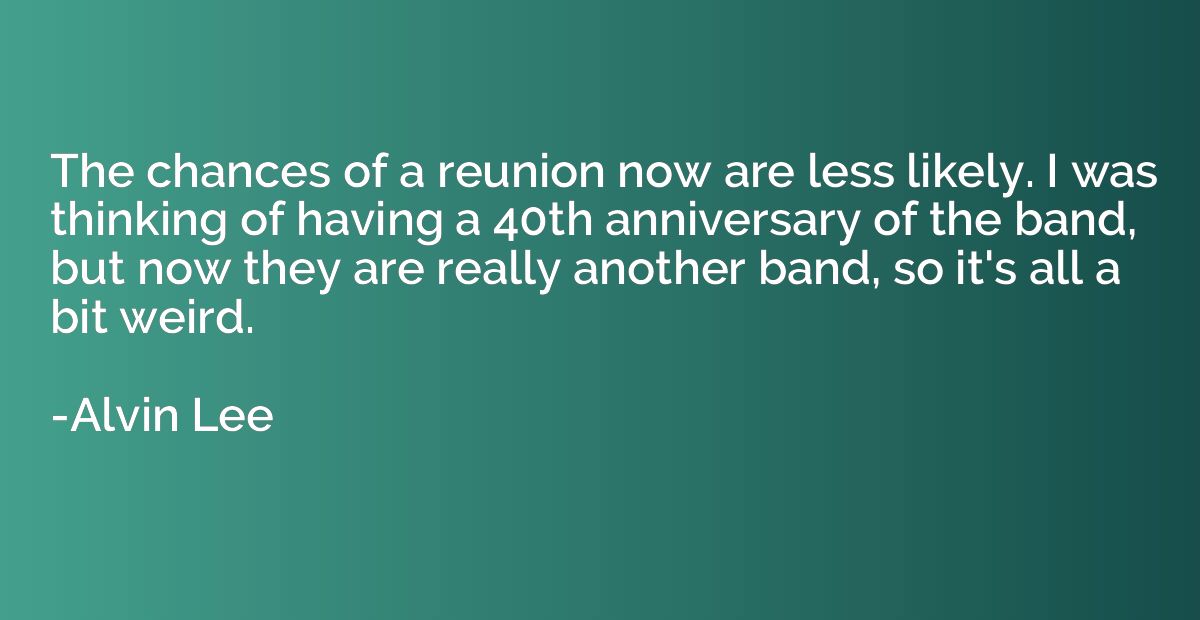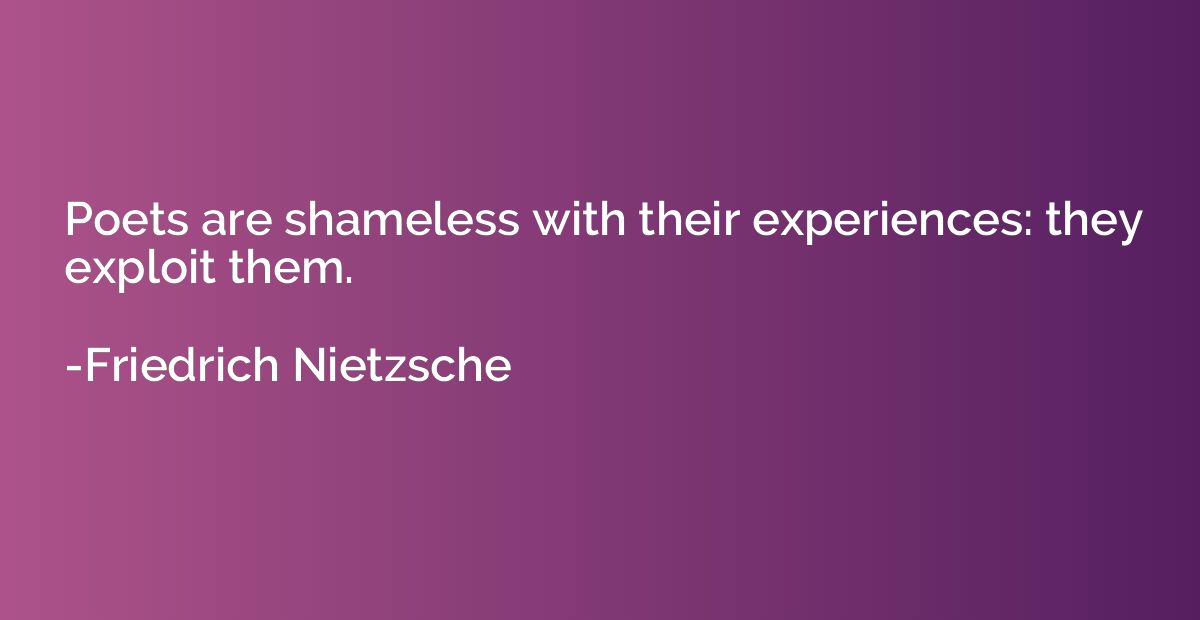Quote by Andre Gide, from a note of the J
I would like the events never to be told directly by the author, but rather to be introduced (and several times, from various angles) by those among the characters on whom they will have had any effect. I would like those events, in the account they will make of them, to appear slightly distorted; a kind of interest stems, for the reader, from the simple fact that he should need to restore. The story requires his collaboration in order to properly take shape.http://www.adpf.asso.fr/adpf-publi/folio/textes/gide_ang.rtf
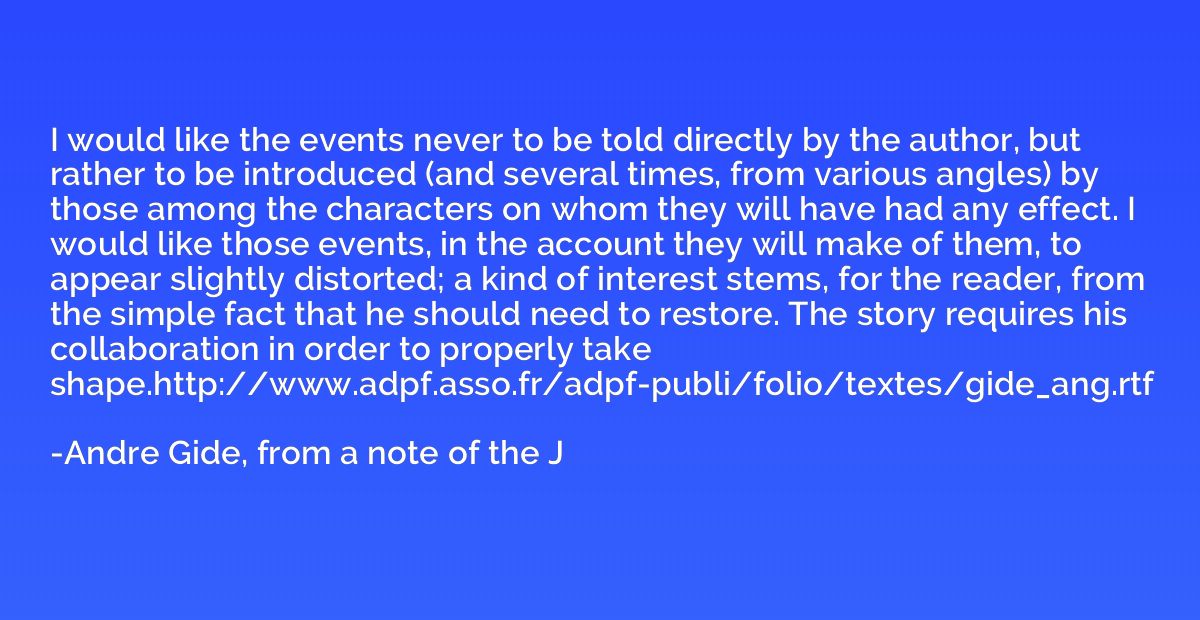
Summary
This quote expresses the author's preference for storytelling through the perspective of characters rather than directly by the author. The author desires for events to be introduced by characters who were impacted by them, hence providing different viewpoints and angles. The author also wants these accounts to be slightly distorted, creating a sense of intrigue for the reader. By requiring the reader's collaboration to restore and piece together the story, the narrative takes shape in a unique and engaging manner.



